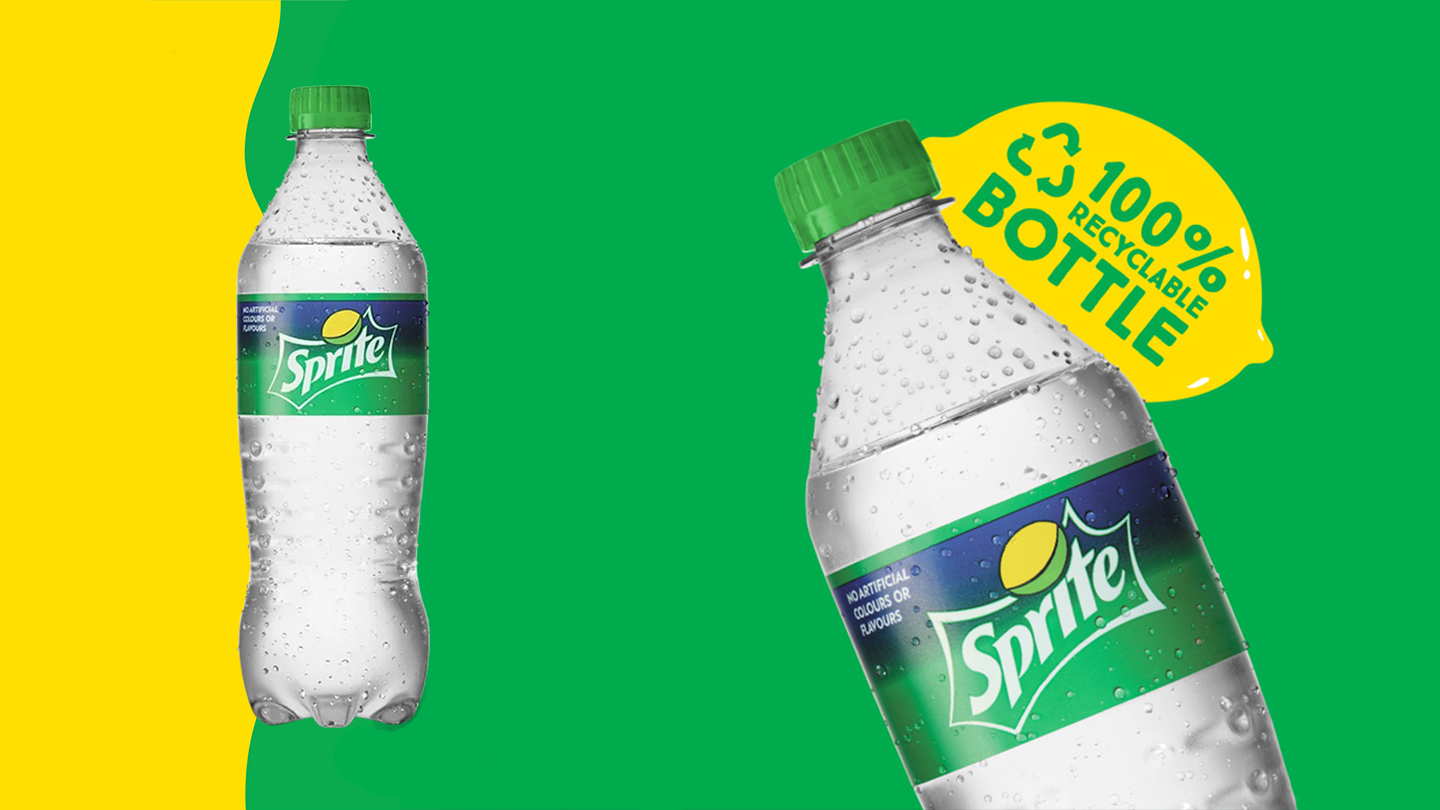
Fiji the first country in South Pacific to launch a clear, more recyclable bottle for Sprite
08/22/2019
Fiji is the first country in the South Pacific to launch Sprite in a clear bottle, rather than the traditional green coloured bottle.
Coca‑Cola Amatil Fiji’s General Manager Roger Hare says the reason for the change is to increase the bottles’ recyclability so Sprite bottles can continue to have another life.

“As a large Fijian company committed to the community in which we operate, we want to increase the collection and recycling of PET plastic. Green PET plastic is recyclable – and is recycled all over the world - but there is more demand from recyclers for clear PET plastic."
“With clear PET plastic, our bottles have a higher chance of becoming another bottle again and again, creating a circular solution for plastic. At Mission Pacific, we have to separate all coloured plastic from clear and sell it separately for recycling."
“I am extremely proud that we are leading the way in packaging sustainability with this bold move to change the green Sprite bottle to clear.”

Jane Bennett, Coca‑Cola Oceania’s Brand Manager, says Sprite has been synonymous with a green bottle since it launched in 1961.
“Sprite’s status among the world’s most recognised brands can largely be attributed to its signature green bottle. However, it is more important our bottles are easily recycled and that’s why we have made this change.”
The launch of the clear Sprite bottle coincides with 20 years of bottle and can recycling through Coca‑Cola Amatil Fiji’s bottle buy-back scheme Mission Pacific which started in 1999 to drive positive recycling behaviour in Fiji.
Roger Hare says Mission Pacific now collects and recycles on average over 200 tonnes of plastic bottles per year.
“As beverage manufacturers it is our responsibility to have a long-term commitment to the sustainability of our packaging. We encourage other manufacturers and retailers of beverages to come on board with Mission Pacific to help prevent plastic bottles and cans from going to landfill or worse, make their way into the marine environment.”